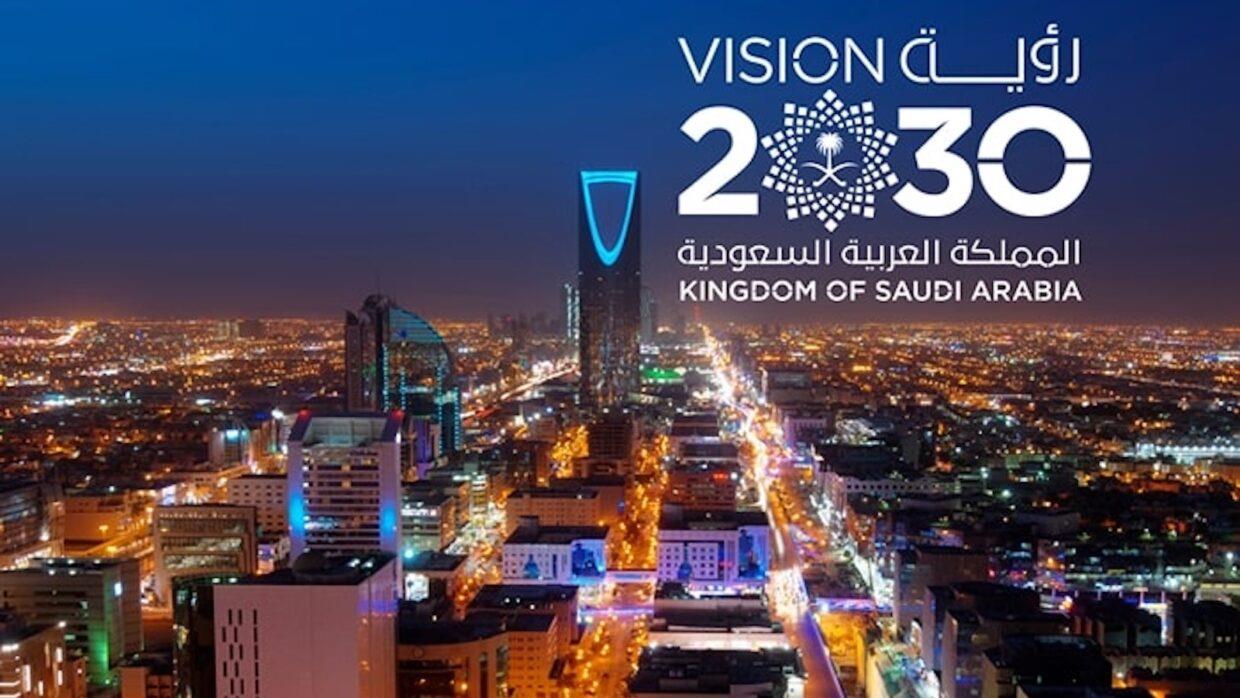
Saudi Arabia's Fiscal Deficit Widens Amid Vision 2030 Investments
Saudi Arabia has reported a fiscal deficit of 115.625 billion riyals for 2024, driven by a 6% increase in total spending compared to the previous year, as per data from the Ministry of Finance. This rise in expenditure aligns with the kingdom's commitment to its Vision 2030 economic transformation strategy, which aims to diversify the economy beyond oil dependence.
The government's initial projection for the 2024 deficit was 79 billion riyals, approximately 1.9% of GDP. However, updated estimates have revised this figure to 115 billion riyals, around 3% of GDP. In the first nine months leading up to September 30, the deficit stood at 58 billion riyals, with more than half of this amount recorded in the third quarter alone.
Total government revenues for 2024 reached 1.26 trillion riyals , marking a 4% increase from the previous year and exceeding initial budget estimates by 7%. Notably, non-oil revenues have shown significant growth, contributing to the overall revenue increase.
The Vision 2030 initiative encompasses several large-scale projects, including the NEOM megacity, the Red Sea Project, and Qiddiya, all designed to stimulate economic diversification and reduce reliance on oil revenues. These projects require substantial upfront investments, contributing to the current fiscal deficit. The government has emphasized that this“deficit by design” is a strategic move to foster long-term economic growth and sustainability.
Despite the widening deficit, Saudi Arabia's non-oil sector has demonstrated resilience. Since 2017, non-oil economic growth has consistently ranged between 4% and 5%, indicating progress in the kingdom's diversification efforts. The government remains optimistic that continued investment in Vision 2030 projects will yield significant economic benefits in the coming years.
See also EFF Demands Dismissal of Tornado Cash Case Against Roman StormHowever, the ambitious nature of these projects has raised concerns about financial feasibility. Some initiatives, such as the NEOM megacity, have faced challenges related to budget overruns and delays. Analysts suggest that the kingdom may need to reassess certain projects to ensure fiscal sustainability.
In response to these challenges, Saudi Arabia is adjusting its investment strategies. The Public Investment Fund plans to reduce its foreign investment portfolio from 30% to 18%, redirecting focus toward domestic projects that align with Vision 2030 objectives. This shift aims to bolster local economic development and maximize the impact of government spending.
Notice an issue?
Arabian Post strives to deliver the most accurate and reliable information to its readers. If you believe you have identified an error or inconsistency in this article, please don't hesitate to contact our editorial team at editor[at]thearabianpost[dot]com . We are committed to promptly addressing any concerns and ensuring the highest level of journalistic integrity.
ADVERTISEMENT
Legal Disclaimer:
MENAFN provides the
information “as is” without warranty of any kind. We do not accept
any responsibility or liability for the accuracy, content, images,
videos, licenses, completeness, legality, or reliability of the information
contained in this article. If you have any complaints or copyright
issues related to this article, kindly contact the provider above.


















Comments
No comment